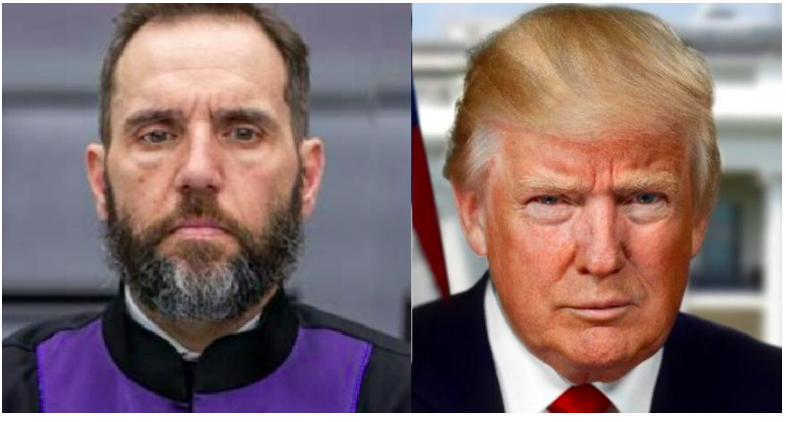In a significant legal confrontation, President Trump’s legal team has forcefully challenged Special Counsel Jack Smith’s superseding indictment in a joint status report filed recently.
The report marks a pivotal moment in the ongoing legal battle, as Trump’s attorneys work to dismantle what they argue is a politically motivated and legally flawed case against the former President.
President Trump and Special Counsel Jack Smith presented opposing arguments for how the January 6 case will proceed in a joint status report filed late Friday night ahead of a status conference scheduled for September 5.
The Superseding Indictment: A Broader Attack
Jack Smith’s superseding indictment expanded the charges against President Trump, adding new allegations related to the handling of classified documents and alleged obstruction of justice. The updated indictment added to the complexity and scope of the legal challenges Trump faces, and it sought to strengthen the prosecution’s case by incorporating additional evidence and charges.
However, President Trump’s legal team argues that the superseding indictment is not only overreaching but also fundamentally flawed. The attorneys assert that Smith’s additional charges are based on tenuous legal grounds and are part of a broader effort to undermine Trump’s political standing ahead of the 2024 presidential election.
Legal Strategy: Dismantling the Indictment
In the joint status report, Trump’s attorneys systematically addressed the charges laid out in Smith’s superseding indictment. They argued that the additional charges fail to establish any new criminal conduct on the part of President Trump and that the indictment’s expansion is an attempt to bolster a weak case with irrelevant and unsubstantiated allegations.
The defense team focused on several key points:
- Questionable Legal Basis: Trump’s lawyers contended that the legal foundations of the new charges are dubious at best. They argue that Smith’s reliance on ambiguous interpretations of the law is designed to confuse the legal issues and distract from the lack of concrete evidence.
- Political Motivation: The defense suggested that the superseding indictment is politically motivated, aimed at damaging Trump’s reputation and electoral prospects rather than seeking justice. This assertion is rooted in the timing of the indictment and its expansion, which coincides with Trump’s ongoing campaign for the Republican nomination.
- Lack of Evidence: The attorneys emphasized the lack of substantive evidence supporting the new charges, arguing that the indictment is built on conjecture rather than solid proof. They pointed out that much of the evidence presented by the prosecution is circumstantial and does not meet the legal standards required for a conviction.
Conservative Perspective: A Legal Overreach
From a conservative standpoint, the actions taken by Jack Smith and the broader Department of Justice raise serious concerns about the misuse of legal power for political ends. The superseding indictment is seen by many as a continuation of the long-standing efforts by establishment figures to undermine Trump, both during his presidency and now as he seeks to return to the White House.
Critics of the indictment argue that this case is emblematic of a broader pattern of legal overreach, where the justice system is weaponized to target political opponents. The expansion of the charges against Trump is perceived as an attempt to overwhelm the former President’s defense and sway public opinion against him, rather than a genuine pursuit of justice.
The Road Ahead
The joint status report filed by Trump’s legal team sets the stage for an intense legal battle that could have far-reaching implications for both the 2024 presidential race and the integrity of the U.S. legal system. As the case progresses, the defense is expected to continue challenging the legal validity of the superseding indictment, arguing that it represents a dangerous precedent in the use of the legal system to achieve political goals.
President Trump’s supporters remain steadfast in their belief that the charges against him are politically motivated and that the legal battle is part of a larger effort to prevent his return to power. The outcome of this case will not only determine Trump’s legal fate but also serve as a litmus test for the future of political prosecutions in the United States.


